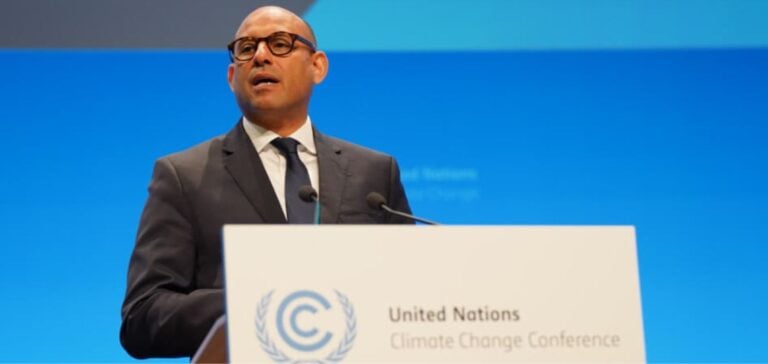Despite current divisions over issues such as the conflicts in Ukraine and Gaza, Simon Stiell, Secretary General of UN Climate, insisted in London on the crucial importance of not “relegating climate change to the background”. He warned that the repercussions of climate change threaten to “decimate every G20 economy” and called for a “new deal” to mobilize the funds needed to combat it.
Climate emergency and necessary financing
Global warming continues to intensify, with rising greenhouse gas emissions and record temperatures. Stiell stressed the need for increased funding to help developing economies adapt and transition. The forthcoming COP29 in Baku will discuss replacing the current financial commitment of $100 billion per year, although the real needs are much higher.
Issues and proposals of the UN Climate
At the heart of the debate are proposals for in-depth reform of international financial institutions such as the World Bank and the IMF, and for the introduction of new international taxes to finance climate efforts. These discussions are also focusing on debt relief for poor countries and the adaptation of development banks.
G20 leadership and future action
Stiell reiterated that the G20, which is responsible for 80% of global emissions, must play a central role, similar to the one it played during the 2008 financial crisis. He urged G20 countries to step up their national emission reduction targets, which are essential if they are to comply with the Paris Agreement and limit global warming to 1.5°C. He also stressed the importance of releasing the financial aid promised to enable developing countries to follow suit.
UN Climate’s message is clear: financial cooperation and reinforced emission reduction targets are essential to counter the devastating effects of climate change. The G20 stands at a crucial crossroads, where every decision can shape the global climate future.






















